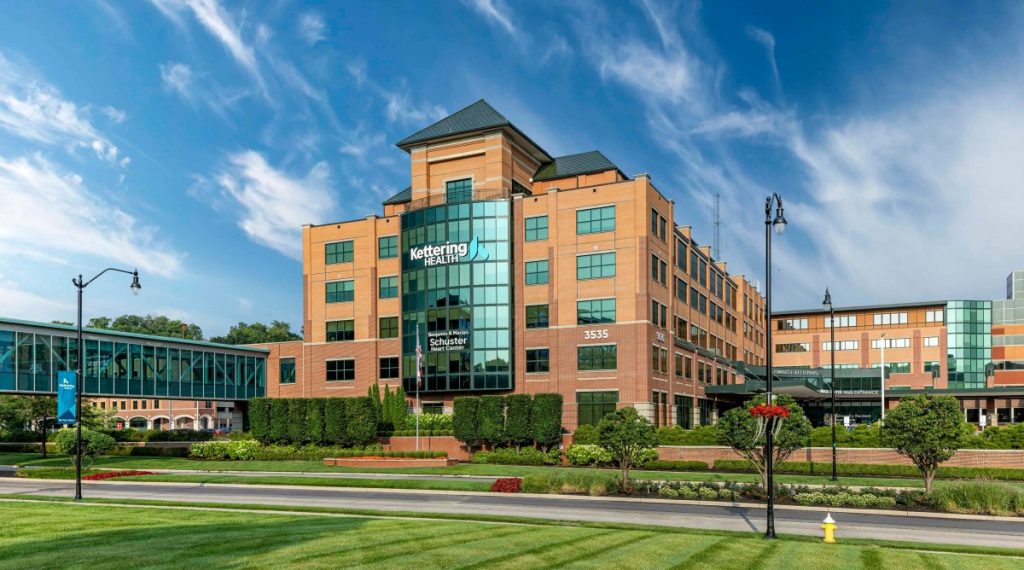In recent weeks, Kettering Health, a prominent healthcare network in Ohio, has been grappling with significant operational disruptions stemming from a ransomware attack that occurred two weeks ago. This cyber incident has not only affected the network’s technology but has also had a profound impact on patient care, leading to widespread challenges and frustrations among both staff and patients.
Details of the Ransomware Attack
Kettering Health confirmed in a recent update that it is in the process of restoring its systems, specifically its electronic health record (EHR) capabilities managed by Epic. The restoration of “core components” is crucial as it enables the healthcare provider to update and access electronic health records, which are essential for communication among care teams and for coordinating patient care effectively. However, the situation remains dire as many functionalities are still not fully operational.
Patients have reported difficulties in contacting their doctors, leading to complications such as issues with medication refills. One patient conveyed their frustrations to TechCrunch, stating, “Everything is being done by hand pen and paper,” highlighting the regression to outdated methods in an era where digital records should streamline patient care.
Community Reactions and Patient Experiences
The Kettering Health incident has sparked widespread concern and discussions among community members on local social media platforms, particularly Reddit. A post on the Dayton subreddit detailed a patient’s struggle with medication refills that could pose serious health risks, saying they faced the possibility of a “withdrawal seizure” due to their inability to contact their doctor. Another user expressed frustration about the inefficiencies in the system, noting that “everything is still on paper, no computers and spotty phone service.”
Additionally, the disruption has led to severe delays in emergency care, with reports suggesting that ambulances are avoiding Kettering Health facilities due to lengthy wait times associated with manual patient charting and label making. Many patients have also seen critical medical appointments canceled, including MRIs, cancer follow-ups, and surgeries, exacerbating their health situations and creating a backlog in care.
John Weimer, Kettering Health’s senior vice president of emergency operations, confirmed that the organization believed it was the victim of a ransomware attack and that they had not paid any ransom. In an interview with WLWT Cincinnati, Weimer stated, “As soon as this was realized, we did shut down our IT infrastructure, which essentially means we shut off our door to the world.” This strategic move was intended to contain the spread of the attack and safeguard any further damage to the system.
Conversations Regarding Cybersecurity in Healthcare
The Kettering Health attack is part of a troubling trend in the healthcare sector, where cybercriminals increasingly target sensitive patient data. According to cybersecurity expert reports, healthcare is particularly vulnerable due to the critical nature of its operations and the sensitive data it handles. As reported by Cybersecurity Insider, there has been a 45% increase in ransomware attacks on healthcare facilities in the past year alone, raising alarms about the need for enhanced cybersecurity measures across the sector.
The frequency and severity of these attacks have prompted numerous calls for improved cybersecurity protocols. In 2024, for instance, a massive ransomware attack on a health tech subsidiary of UnitedHealth, Change Healthcare, was reported as the worst healthcare breach in U.S. history. This incident impacted approximately 190 million individuals, underscoring the devastating consequences of cybersecurity weaknesses within healthcare systems.
Moreover, in the same year, U.S. healthcare giant Ascension revealed that hackers had compromised the records of 5.6 million patients. Healthcare news outlet HIPAA Journal characterized 2024 as “an annus horribilis for healthcare data breaches,” indicating a significant escalation in the theft of patient data and raising alarms about the industry’s preparedness against such cyber threats.
Looking Ahead
As Kettering Health continues to recover from this cybersecurity incident, the incident serves as a critical reminder of the vulnerabilities faced by healthcare providers in the digital age. While the restoration of IT systems is underway, the long-term effects of the attack on patient trust and operational efficiency remain to be seen. Future investments in cybersecurity infrastructure and employee training will be crucial in safeguarding against similar incidents and restoring confidence among patients and healthcare professionals alike.
With hospitals and health networks increasingly becoming targets for cyberattacks, the sector must prioritize building robust defenses and response strategies to ensure patient safety and data integrity. As Kettering Health navigates through these challenges, it will undoubtedly shape the discourse surrounding cybersecurity and operational preparedness in healthcare.
Quick Reference Table
| Event | Date |
|---|---|
| Ransomware Attack Reported | Mid-May 2025 |
| Systems Being Restored | June 2025 |
| Previous Major Breaches | 2024 |
| Patients Affected by Change Healthcare Breach | 190 million |
| Records Compromised in Ascension Attack | 5.6 million |

